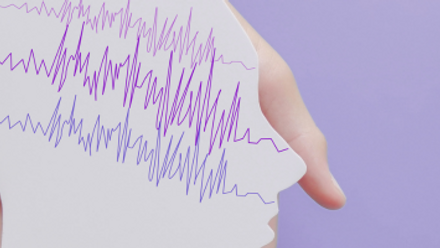Summary
Practitioner psychologists are an integral part of the modern intensive care unit. If sufficiently funded, they can provide input to the patient and their loved ones during the intensive care stay and following discharge home. They are also well placed to support the staff and system to manage the psychological work of intensive care. This guidance indicates a minimum service provision of 1.0 WTE per 20 level 3 equivalent beds and outlines the detail of what can be provided, as well as cost-benefit analysis for employing a practitioner psychologist.
Introduction
Approximately 200,000 people are admitted to critical care units in England and Wales each year. The prevalence of a range of psychological, cognitive, and functional difficulties following ICU admission is well documented and the psychological impact of an intensive care admission may be severe, with up to 50% of patients suffering acute stress and long-term psychological morbidity. The psychological impact of critical care upon families3 and staff is also well documented.
The Guidelines of the Provision of Intensive Care, version 2.1 recommends embedding practitioner psychologists within critical care teams to address the psychological health needs of patients, families, and staff. The NICE clinical guideline and quality standard on rehabilitation after critical illness recommend patients receive psychological assessments and interventions throughout the critical illness rehabilitation pathway. The Five Year Forward View (5YFV) for the NHS8 calls for greater integration of physical and psychological care and the 5YFV for mental health9 develops this further by calling for increased access to psychological services for people with long-term physical health conditions, of which post intensive care syndrome is one.
This set of guidelines incorporates all of these, summarises the evidence and offers a service specification for practitioner psychology in intensive care.
What is a Practitioner Psychologist?
Professional practitioner psychologists are uniquely placed to provide several useful functions for a critical care team. Practitioner psychologists are usually clinical psychologists, health psychologists, or counselling psychologists and are uniquely placed to provide useful functions for a critical care team.
They have a minimum of six years of training to post-graduate level, are trained in multiple models of therapeutic approach and understanding, are trained across the lifespan, including a baseline training in neuropsychology.
You can find the baseline business case for practitioner psychologists in your unit below.



